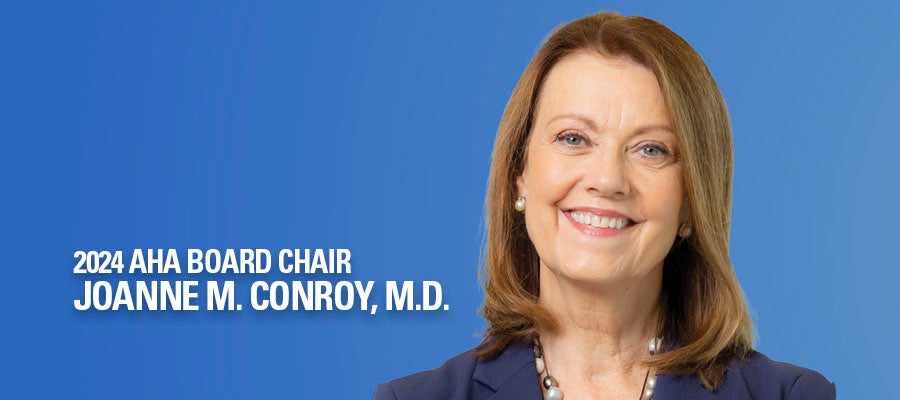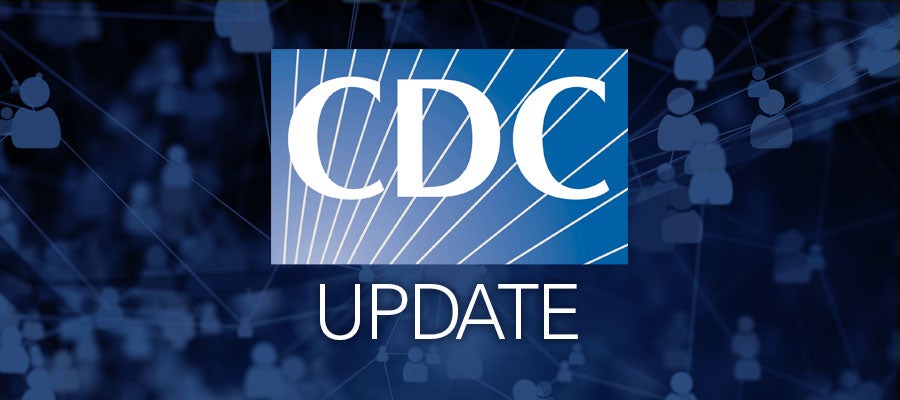
AHA today urged the U.S. District Court for the District of Columbia to deny the Department of Health and Human Services’ request to modify a court order requiring it to completely eliminate the remaining 19,802 Medicare appeals backlogged at the Administration Law Judge level.





